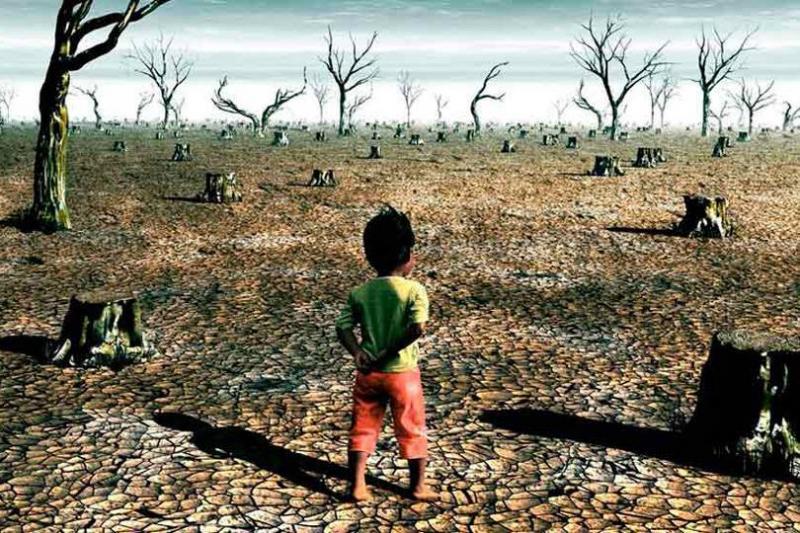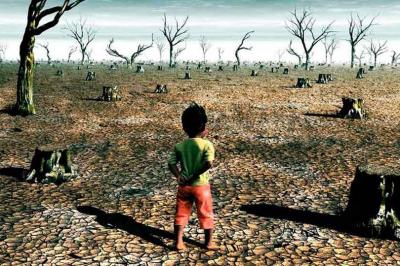A joint report from the United Nations and the African Union, released today, indicates that Africa is experiencing rising temperatures at a rate faster than the rest of the world and is suffering from increasingly severe climate disasters such as droughts. The report warns that climate change could exacerbate conflicts over resources on the continent.
The report, sent by the World Meteorological Organization in conjunction with the first African climate summit in Kenya, which is set to focus on financing, notes that the continent faced approximately 80 instances of climate extremism last year. According to emergency databases cited in the report, these disasters, including the worst drought in the Horn of Africa in 40 years and wildfires in Algeria, resulted in the deaths of 5,000 people and caused economic damages exceeding $8.5 billion. The actual figures are likely higher due to reporting gaps.
The Climate State of Africa 2022 report states, "Africa is responsible for only a small portion of global greenhouse gas emissions, but its suffering from climate change is disproportionate." It adds that "climate change and the shrinking base of natural resources may fuel conflicts over arable land, water, and scarce pastures, where violence between farmers and herders has increased over the past decade due to mounting pressure on land."
Intermittent resource-based sectarian violence already occurs in parts of the semi-arid Sahel region. The per capita carbon dioxide emissions for Africa averaged 1.04 tons in 2021, less than a quarter of the global average. The report indicates that the average rate of temperature increase in Africa was 0.3 degrees Celsius per decade from 1991 to 2022, compared to 0.2 degrees globally.
North Africa has recorded the fastest rate of temperature rise, having experienced multiple heatwaves since last year. This has contributed to a decline in grain production to 33 million tons, which is about 10 percent lower than the average for the previous five years, despite increased production in other parts of the continent like West Africa, which benefited from good rainfall. The report states that agricultural productivity has generally decreased due to climate change by 34 percent since 1961, which could lead to a significant increase in imports.




